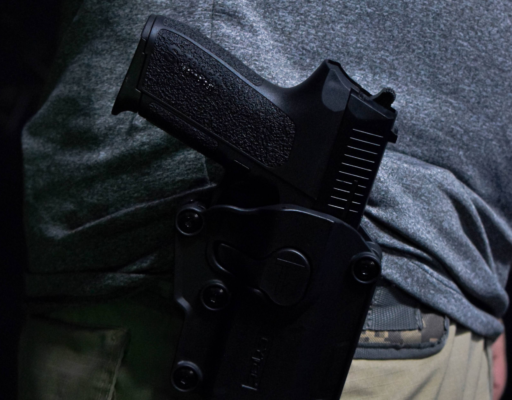The Land of Lincoln is not exactly kind when it comes to the Second Amendment. Bans, restrictions, takings, you name it. Illinois believes the government has more rights than you do, and when they can’t take the guns, they write laws that make it as difficult as possible to carry them for self-defense.
In their 2022 filing, the plaintiffs argued that “because the public transportation carry ban prohibits persons from carrying a firearm while accessing public transportation, the ban severely restricts plaintiffs from exercising their right to self-defense outside of the home.”
See what I mean? Illinois could not make it illegal to carry, so they made it illegal to carry on public transportation. Anyone who uses public transportation is disarmed, or they risk getting arrested. The court, based on Bruen, found the law unconstitutional.
Under the Supreme Court’s 2022 standard for seeing whether firearms regulations fall under the Constitution, the government must demonstrate that the measure is within U.S. historical traditions.
Treating “any place where the government would want to protect public order and safety as a sensitive place casts too wide a net … [and] would seem to justify almost any gun restriction,” Johnston wrote.
He also rejected Illinois state attorneys’ arguments that the Bruen test did not apply in this case because the state, which owns the property, can regulate what individuals take onto its property.
“[I]ndividual rights isn’t nullified on public property,” he wrote.
The judge also had to write—presumably for the government lawyers hoping to keep their citizens disarmed—that the Second Amendment exists to protect rights and liberties from government, not private intrusion. Maybe they stopped teaching that in law school, or, just as likely, the prosecutors don’t care.
A Small Bite
Sadly, the ruling only applies to the four plaintiffs and does not overturn the law. The prosecutors also contend that the transit providers and railroads that make up the system independently prohibit the carrying of firearms. I don’t get how that works. Is the state saying that the trains and rails are not state property and, as such, their use for public transportation at the behest of the state abrogates constitutional protections? If that’s true, why not hire mercs to disarm the public?
None of that is cleared up in the reporting, so I’ll have to look around for clarification. In the meantime, the judge’s ruling makes for exciting reading, and the plaintiffs have said they are not beyond additional suits, including against the rail company if it tries to disarm them on what is otherwise public transportation.
